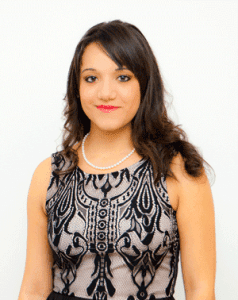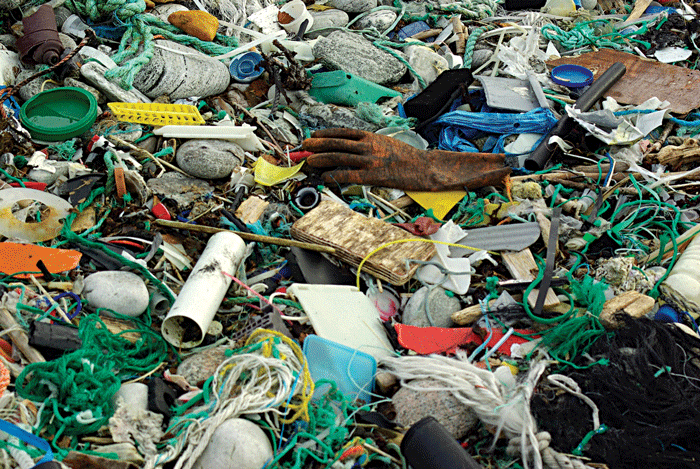Research by Nicolette Formosa

Marine littering is a global concern and every single year tons of litter end up in the ocean all around the globe. It has become such a problem that the waste has amalgamated into huge ‘islands’ floating in the world’s oceans. These islands have numerous repercussions, from damaging the environment and biodiversity, to the harming the economy and health. To be able to reduce this damage its extent needs to be known.
In an attempt to understand the degree of marine pollution around Malta, Nicolette Formosa (supervised by Dr Kenneth Scerri) modelled oxygen levels in the nearby seas. The data set was gathered by an autonomous underwater robot funded by NORUS (a North American and Norwegian educational program). The data includes the position of the glider and the oxygen concentration at a specific time. Low oxygen concentrations are usually due to high amounts of algae and bacteria in the seas—important indicators of poor water quality and marine pollution.
Scientists usually need a complete picture of the environment to understand and predict the spread of pollutants. This data is usually tagged to location but not to time, which is problematic. Take an oil spill. A modeller would need to know the currents, location of the oil spill, extent, rate of expansion, and when this happened (temporal information) to obtain a better forecast. The inclusion of such temporal information when modelling how pollutants disperse in water gives a better prediction and a deeper understanding. Formosa’s research could predict the concentration of oxygen at a specific location and time, giving a far better prediction, 27% more than any competing standard method. This model can help identify which areas of the seas around Malta are under most environmental pressures allowing the authorities to target their pollution mitigation strategies.
Formosa’s method is not limited to marine pollution. Her techniques could be used to predict the growth of cancerous cells to envision more accurate outcomes for patients, or the spread of a virus, or even how house prices will change.





Comments are closed for this article!